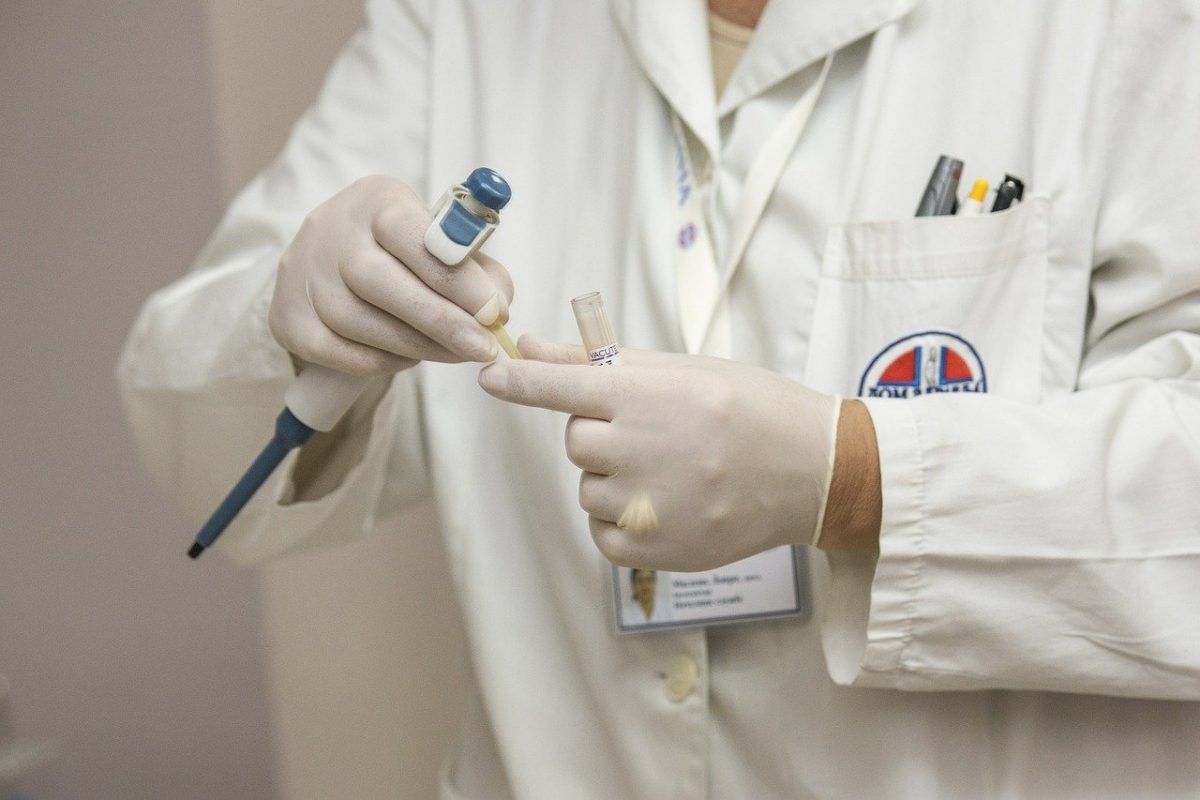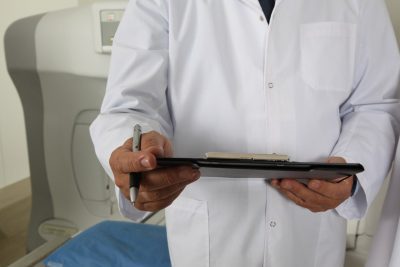You’re reading this article because you have a suspicion that your doctor might have failed to diagnose your cancer on time. No one hopes for this, but it does sometimes happen due to various reasons– from poor communication skills among physicians and patients to bad luck of being at the wrong place at the wrong time. Whatever may be the case, if your doctor fails to diagnose your cancer on time, you should know what exactly next. Let’s go through some of these Tips To Know If Your Doctor Failed To Diagnose Your Cancer On-Time below:
Tip #1: Consult With A Lawyer
Many doctors have been sued in the past when their patients found that they failed to diagnose their cancer on time. If you’re convinced, your doctor made a mistake in diagnosis because you were not feeling well and he did not try hard enough to figure out what was going on with your health, consult a personal injury lawyer. If you live in Philadelphia, you would want a reputable Philadelphia cancer misdiagnosis attorney to help you with your case. He will assess whether or not you have cause for a lawsuit against the physician who treated you.
Tip #2: Do Medical Research For Yourself
You should never rely solely on your physician’s diagnosis regarding any kind of health-related issues; instead, do independent research about every disease or condition before visiting a doctor. This way, you’ll know what the important signs to look for when it comes to your health concerns are. So, whether or not your doctor failed to diagnose your cancer on time, doing medical research will put you in a better position right from the start.
Tip #3: Keep Track Of All Your Doctors’ Diagnoses And Reports
This might be pretty simple, but it is vital if you want to prevent any of your doctors from failing to diagnose your cancer on time. You should always get copies of tests (blood work, imaging scans like x-ray reports), treatments (nursing notes), and anything else related to diagnosis (doctor’s notes). Once you get these records, studying them yourself would give you a better understanding of your health. If you feel like something is still not right, discuss the records with your doctor or ask for an explanation.
Tip #4: Be Aware Of Unusual Signs And Symptoms
Although tumors wouldn’t show some specific kinds of symptoms (like cold sores, which are also common among cancer patients) before they’re detected, certain uncommon signs can be helpful if you know what to look out for. For example, an unusual discharge from any part of the body may indicate a serious skin condition; shingles at this age are rare but pretty much one of the main indicators of Hodgkin’s lymphoma; if you frequently get sinusitis or respiratory infections accompanied by sore throat it might just point to lung cancer. These are just some basic examples; of course, there are many more things you should be aware of. Know your body and know what’s normal for you; if it changes, then question your doctor right away!
Tip #5: Ask Them How They Plan To Treat The Disease
Before going ahead with any tests or treatments, ask your doctor how he/she plans to treat the disease you have been confronted with. Do not rely on a simple answer like “we’ll do chemotherapy” or “there is no need for surgery,” instead, ask them for specific steps that they will follow. Tell them that this is very important for you because failing to diagnose your cancer on time can lead to complications as well as failure in treatment!
Tip #6: Always Question Your Doctor If You Think That Something Is Wrong
Of course, this seems pretty straightforward but it’s not always so. Sometimes people are afraid to question their doctors due to fear of being seen as rude or difficult, but the reality is that you need to be informed if you want to get well soon. If anything feels unusual even after doing all the research and having discussed the diagnosis with your doctor, feel free to ask them about it! This also includes asking for a second opinion, which can save lives in some cases! Make sure you’re clear about your concerns because failing to diagnose cancer on time could lead to very serious damage.

You need to know that doctors can be human and their memory isn’t perfect all the time. They might not always notice every single detail from every conversation they have with a patient. That’s why it’s so important to stay on top of your health because nobody will know as much about you as you do! If you think that your doctor failed to diagnose your cancer on time, consider following these tips!
